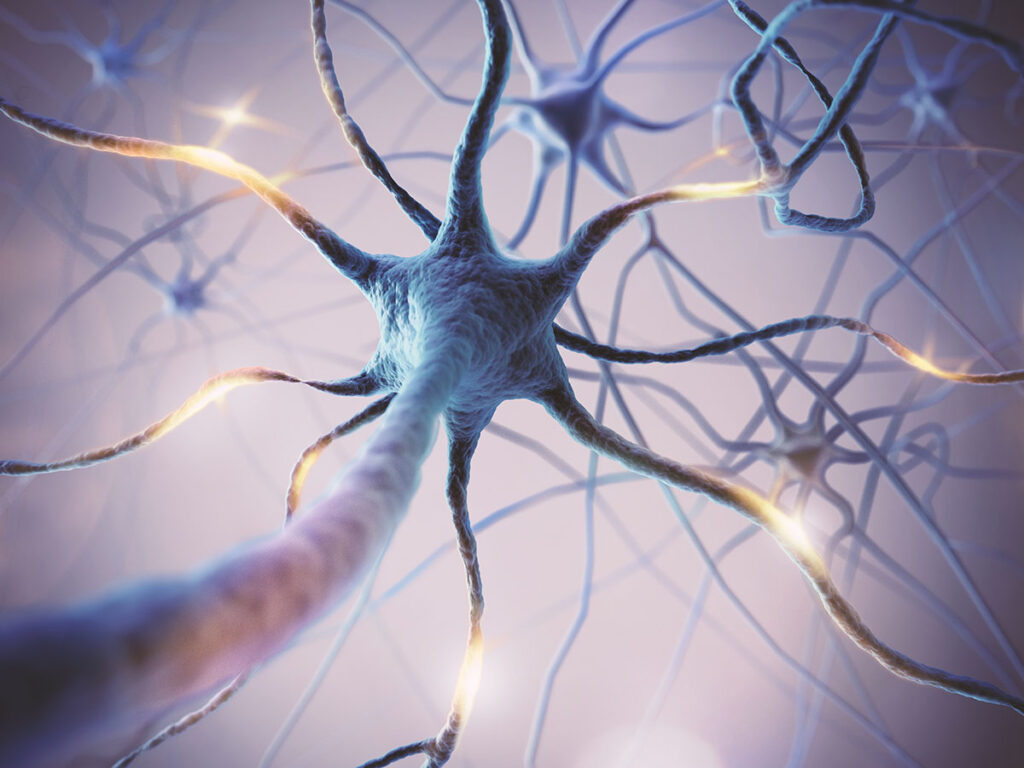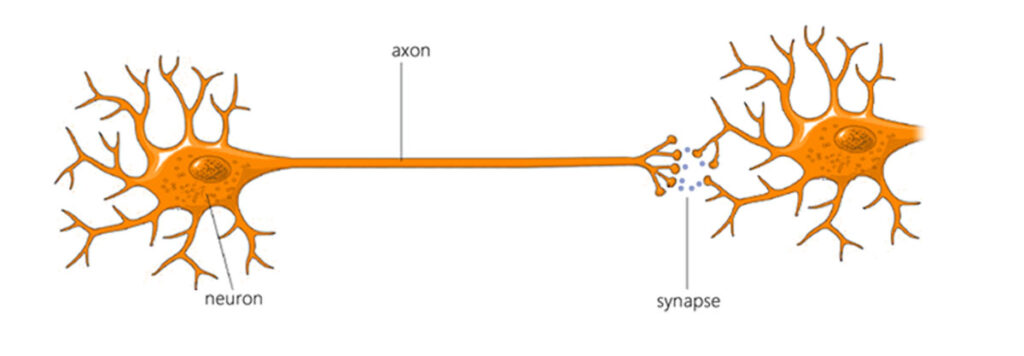Gloominess during wintertime is a fundamental survival instinct. Your subconscious mammalian brain is programmed by evolution to try to prevent you from going outside in bad weather and darkness in order to keep you as safe as possible. Your brain simply adjusts the balance of your neurochemicals to make you feel less energetic and less motivated. How strong this effect is can vary per person, but everybody can feel the influence of environmental conditions on their moods.
Our Outdated Subconscious Neurologic Programming
We, modern humans, have invented excellent clothing, umbrellas against bad weather and lighting to see in darkness. We can move around safely in closed vehicles protected from the harsh environment. Therefore, there is not much higher risk of dying if we go outside when the conditions are not favorable.

It is not relevant anymore for our survival to get into low mood, and be less energetic and motivated when weather is bad or it is getting dark outside. It became an outdated part of our default neurologic programming. Fortunately, if you understand how your default neurologic programming is wired into your brain, you can consciously alter it and make yourself feel almost evenly energetic and motivated at any time regardless of the environmental conditions outside.
How is it Coded in Your Brain to Put You into a Low Mood?

Some neurons in your brain are dedicated to react to bad environmental conditions by sending signals through tiny wires called axons to brain areas which are responsible for putting you in a low mood. Similarly, in nice weather and when the sun is shining, other neurons become active, sending signals to other brain areas to put you in an energetic and motivated state.
How to Rewire Neural Pathways by Applying Hebb’s Law, and Teaching Your Brain to Behave Differently

Donald Hebb, a Canadian psychologist, discovered in 1949 that if neurons are activated simultaneously multiple times, a new axon connection grows between them. As a result, from that point they start to activate themselves synchronously through that connection.

“Neurons that fire together wire together.” became Hebb’s simple law, which is the fundament of our learning processes. For example, if you start to consciously think every day on a pink elephant when you arrive to your front door, and keep doing that, after a couple of days the pink elephant will automatically pop-up in your brain every time you arrive to your front door. However, I recommend not to try it, otherwise you will never get rid off the pink elephant by your front door. I rather suggest you to use this mechanism to teach your brain to keep you energetic and motivated even when the weather is gloomy and it gets dark earlier outside in the wintertime.
How to Bypass Your Neural Pathways of Gloominess

When you wake up in the morning or go home after work in the darkness in the winter imagine the same scene that you see outside on a beautiful sunny summer morning or afternoon. Imagine not only what you see but also try to recall, as vividly as possible, the nice, energetic feelings.

As you do so, you start to activate the neurons that put you in an energetic mood in the summer simultaneously with the neurons that are active on those dark winter days. You can also look outside your window multiple times later that day. Imagine the summer scene and recall the feeling of the times when it is still warm and light outside until later in the evening. It is also good to think about how useless and outdated it is to feel less energetic at that moment, and you were still perfectly safe having a sunny-day-mood all the time. It will make you feel more like an ‘observer’ of your situation and less like being completely absorbed by your feelings.

Each time the weather is cloudy, remind yourself that the light under the cloudy skies is still beautiful sunshine; it’s just scattered. Imagine how stunning it looks at that very moment, right above the clouds, directly above your head.
After Reinforcing Your New Neural Pathways, You Will Feel a Lot More Difference
Don’t expect an immediate huge change in how you feel, because your new neural pathways need time to develop and strengthen themselves through the process called myelination. If you feel just a bit less deeply absorbed in your low mood, that is a perfect beginning. However, if you keep repeating this thinking exercise for a couple of weeks you will see that the positive feelings that you were recalling will start to emerge from themselves. If you similarly imagine during the nice summer days the same scenes in wintertime and imagine that you transfer that warm feeling to the winter, you can reinforce your new neuron connections from the opposite direction.
Of course you will never feel exactly the same in the winter as in the summer. You cannot feel literary the warm sunshine on your face when it is not there. However, this way, you can gradually program your subconscious brain to equalize your mood and energy levels between the summer and winter periods.
Using Light to Alter Your Neurochemical Balance
You can also practice shining a bright light onto your face from a lamp for about 15 minutes on dark winter mornings. Bring the light source at a distance of around 30cm to your face and keep your eyes closed. Imagine that you are laying in the sun in the summer on the beach and enjoy the experience. Your nervous system will respond to the bright light on your face with rapidly supressing the remaining amount of your sleeping hormone melatonin in your nervous system. Therefore, you will feel more energetic during the day. As an additional benefit, your brain will produce more melatonin when needed at night, improving your overall sleep quality, which will increase your energy levels further the following day.